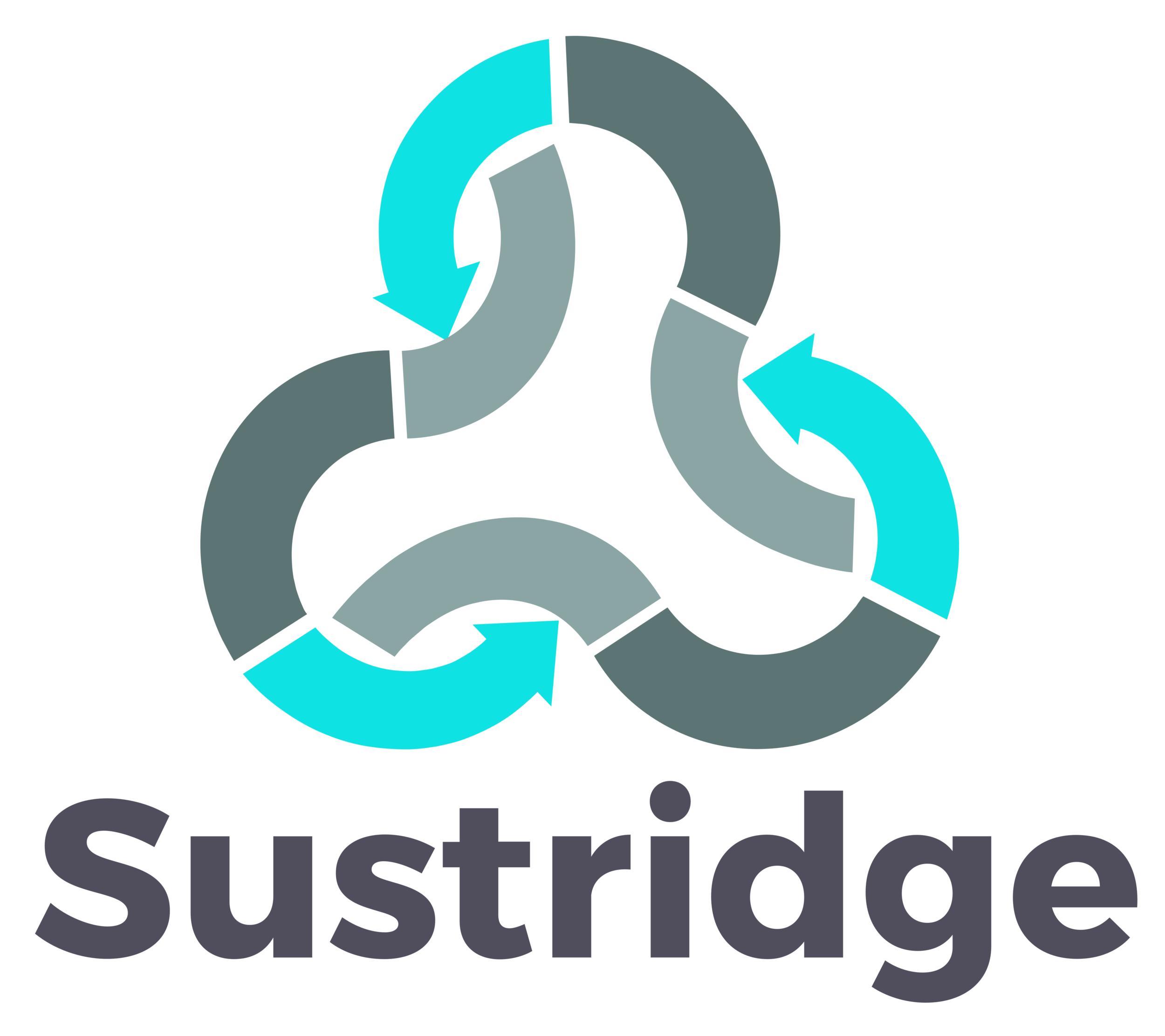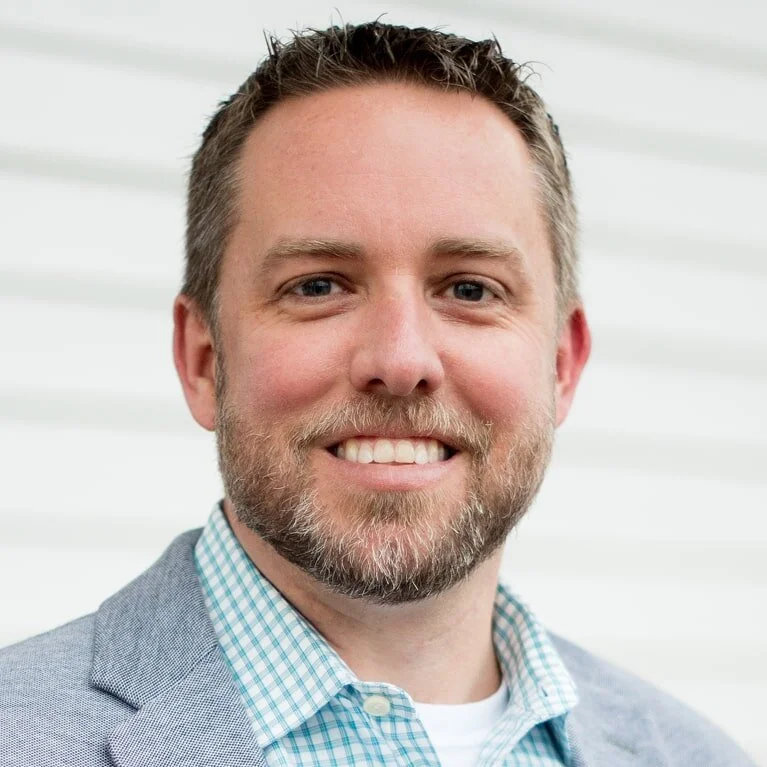James McCall - Leading Supply Chain Sustainability at P&G
James is responsible for leading Procter and Gamble’s global climate change efforts along with their end to end supply chain sustainability program, helping one of the world’s largest CPG companies reduce their environmental footprint within energy, climate, water, waste, forestry, transportation, and raw materials. By integrating circular manufacturing processes across P&G’s supply chain including 150+ facilities in nearly 40 countries, James and team have been able to successfully decouple P&G’s global growth from their environmental footprint for more than a decade. James has personally championed some of P&G’s largest sustainability projects, including the recent shift to purchasing 100% renewable electricity across the US, Canada, and most of Europe, three of P&G’s largest global markets and over 70% of their purchased electricity.
James joins Sustainable Nation to discuss:
Latest sustainability initiatives at P&G
Decoupling growth from emissions
Global renewable energy procurement milestones
Advice and recommendations for sustainability leaders
James' Final Five Questions responses:
What is one piece of advice you'd give other sustainability professionals that might help them in their careers?
I think probably the single biggest piece of advice I could give is that some of the most sustainable solutions are also the ones that are smart business solutions. If I can create a product that delivers better performance for our customers, a cleaner home with a smaller footprint, a dish detergent that gets your stuff cleaner and faster, a razor that cleans your face better. Those types of innovations are the ones that are going to last. I'm not required to rely on the charity of the CEO or of a vice president somewhere. If it's smart business and sustainable together, those are the ones that are going to last the longest.
What are you most excited about right now in the world of sustainability?
I think for me as a global company, it's engagement. The fact that every region, every part of the world, whether it's developed, undeveloped, developing, it doesn't matter. Citizens, consumers, stakeholders, they're all demanding. I mean, not just asking, demanding more sustainable choices off the shelf. Like I said, at the start of the podcast that it keeps me up at night, it makes my job hard, but I love that more and more people want the products they buy to make a difference in the world.
What is one book you'd recommend sustainability leaders read
This summer I'm actually going back to an old, but a good book. I've read this book in the past, but it's been many years, which is Cradle-to-Cradle by Bill McDonough. Bill, I've worked with them, hand-in-hand personally in the past, he actually designed our touching plant in China, which we built around the concept of a Chinese water garden, but cradle to cradle, even though it was written almost a decade ago, still has some amazing insights on how you can think differently about materials, think differently about the products and really value the materials. One of our goals is to have a more circular supply chain. And so I'm going back and rereading cradle to cradle
What are some of your favorite resources or tools that help you in your work?
We're partners with the Ellen MacArthur Foundation and I've been using a lot of their tool sets and online thought-starters around how to kickstart the circular economy. As I mentioned before, we're really doubling down on this concept of how do we stop just, you know, using Bill's words, how do you stop doing less bad and start focusing on doing more good. And so, as we think about closing the loop and our suppliers, closing the loop at our manufacturing sites, and then the way that we go to market, I've really been tapping into the Ellen MacArthur foundation. And if you've not been there, their website's got some great tools that you can look at, and some great inspiring videos, you can share with your teams.
Where can listeners go to learn more about you and the work being done at P&G.
I would love it if people went and checked us out. They can either just go simply to pg.com or they can go to pg.com/sustainability and find, amazing information, not only on the company, but more importantly, on the products that you use and love every day.

